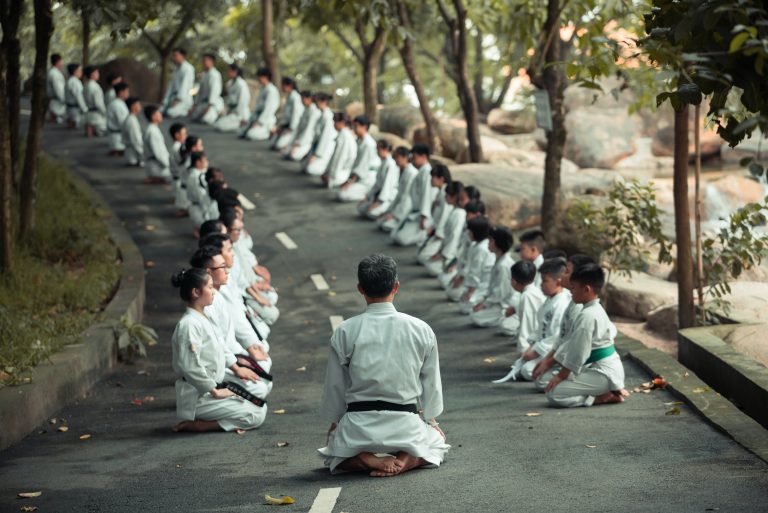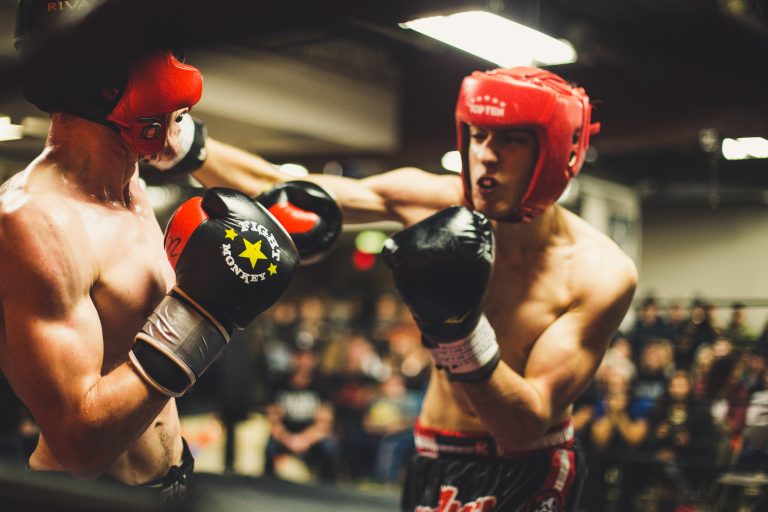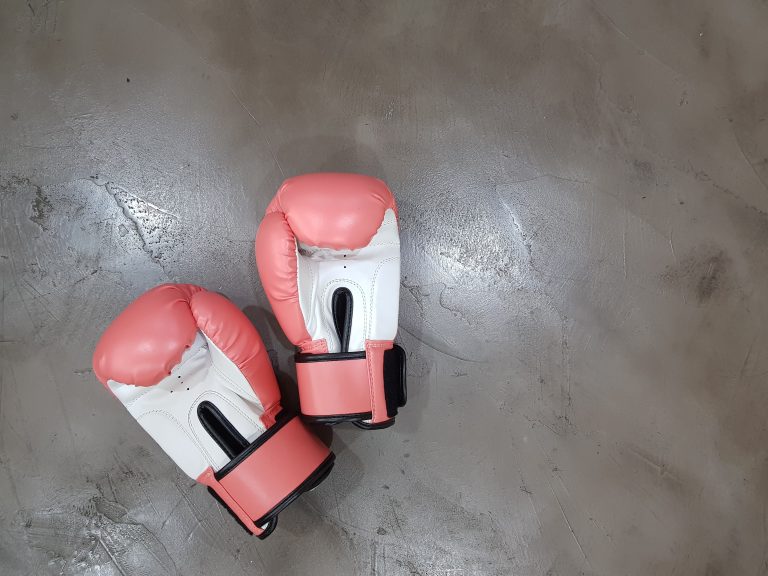Karate: What are the basic Principles?
Karate is a popular martial art that originated in Okinawa, Japan. It emphasizes physical strength, discipline, focus, and an understanding of the human body. Karate has become increasingly popular over the years, and many people have decided to take up this sport to improve their physical and mental health. In this blog post, we will explore the basic principles of Karate and what makes it such a fascinating and beneficial martial art.
Karate Basics
Karate is more than a physical activity; it is a way of life that emphasizes respect, discipline, and spiritual growth. The primary goal in Karate is not to defeat your opponent but rather to achieve harmony between your body and mind. It is essential to understand that Karate is a martial art that has a lot to teach you beyond physical skills.
Principles of Karate
Respect
Respect is a fundamental principle of Karate. In the dojo, respect is shown not only to the instructor but also to fellow students. It is customary to bow when entering and leaving the dojo, and also when addressing the instructor. This demonstrates that respect is a mutual principle.
Discipline
Discipline is critical in Karate, and it is achieved through regular training and dedication. It is necessary to adhere to the basic principles of physical training, including correct techniques, correct posture, and correct breathing. These principles should not only be followed in the dojo but also in everyday life.
Focused Mind
Karate practitioners should be entirely focused on their training. This principle is vital for achieving harmony between the mind and body. Focused mind also allows a karateka to be aware of the environment and the people around them, thus avoiding potential physical or verbal confrontations.
Physical Conditioning
Karate requires a high level of physical fitness, including strength, agility, and flexibility. Physical conditioning is an essential part of Karate training and allows karateka to perform techniques with power, speed, and endurance. Regular practice and conditioning build muscle memory and efficiency in techniques.
Mental and Spiritual Growth
Mental and spiritual growth is a journey that is closely tied to Karate. Through regular training, karateka can learn to develop self-discipline, confidence, resilience, and humility, all of which translate into personal growth beyond the dojo. The practice of Karate is believed to develop character and attitude, leading to a better understanding of oneself.
Conclusion
Karate is more than just a martial art; it is a way of life that embodies respect, discipline, focus, physical conditioning, and personal growth. The principles of Karate are not only applicable in the dojo but also in the community and a practitioner’s daily life. By following the basic principles of Karate, one can develop their skills, their physical fitness, and their character, leading to a more fulfilling life overall.
Karate: What are the basic principles?
Karate is a martial art that originated in Okinawa, Japan, and has been practiced for centuries as a means of self-defense, physical and mental conditioning, and personal development. It is widely taught around the world and has a rich history and philosophy behind it. In this blog post, we will discuss the most frequently asked questions about the basic principles of Karate, its origin and its characteristics.
What is the origin of Karate?
Karate is believed to have originated in Okinawa, Japan, in the early 20th century. It was developed as a means of self-defense by local Okinawan farmers and merchants who were constantly threatened by bandits and other criminals. Over time, the martial art evolved and became more widely practiced in Japan and around the world.
What are the basic principles of Karate?
The basic principles of Karate are rooted in the five maxims of the sport – courtesy, integrity, perseverance, self-control, and indomitable spirit. These principles guide practitioners in their behavior on and off the mat, and foster a sense of respect, humility, and strength.
Courtesy
Courtesy is a fundamental principle in Karate that emphasizes the importance of showing respect and politeness to others. This includes fellow practitioners, instructors, and opponents. Practitioners are expected to bow when entering and leaving the dojo, show gratitude and appreciation towards others, and maintain a positive attitude towards learning and growth.
Integrity
Integrity is another important principle in Karate. It refers to the quality of being honest, truthful, and maintaining strong moral principles. Karate practitioners are expected to uphold the highest standards of integrity, both on and off the mat, and to avoid engaging in any unethical behavior.
Perseverance
Perseverance is the principle of staying committed and determined to achieve one’s goals, despite encountering obstacles or setbacks along the way. In Karate, practitioners are expected to persevere through challenging training routines, tough competitions, and personal struggles, in order to become stronger and more capable individuals.
Self-control
Self-control is a principle that refers to the ability to regulate one’s emotions and behavior, especially in challenging or stressful situations. In Karate, practitioners are expected to maintain calm and composure, even in the face of danger, and to avoid using their skills for violence or aggression.
Indomitable spirit
Indomitable spirit refers to the quality of being resilient, determined, and fearless in the face of adversity. Karate practitioners are expected to cultivate a strong spirit, and to never give up on their goals, even in the face of defeat or injury.
What are the characteristics of Karate?
Karate is widely regarded as a rigorous and demanding martial art that requires both physical and mental discipline. It involves a wide range of techniques and movements, including strikes, kicks, blocks, and throws, which are used to defend against attackers or opponents. In addition, Karate places a strong emphasis on proper breathing techniques, balance, and posture, which help practitioners to develop a strong mind-body connection.
Strikes
Strikes are a basic element of Karate, and involve using various parts of the body, such as the hands, feet, or elbows, to deliver powerful blows to an opponent. Different types of strikes, such as punches, chops, and kicks, are used depending on the situation and the distance between the practitioner and the opponent.
Blocks
Blocks are used to deflect or stop an opponent’s attack by using the body to absorb or deflect the impact. Different types of blocks, such as high blocks, middle blocks, and low blocks, are used depending on the direction and speed of the opponent’s attack.
Throws
Throws are used to immobilize or disable an opponent by using various grappling techniques, such as joint locks or sweeps. Throws require strength, agility, and timing, and are often used as a last resort in self-defense situations.
Conclusion
Karate is a rich and complex martial art that offers a wide range of physical and mental benefits to practitioners. Its principles of courtesy, integrity, perseverance, self-control, and indomitable spirit guide practitioners towards becoming stronger, more confident, and more capable individuals. Whether you are looking to develop your self-defense skills, improve your fitness, or cultivate a strong mind-body connection, Karate is an excellent way to achieve your goals. So, what are you waiting for? Get started on your Karate journey today!
Inhaltsverzeichnis






